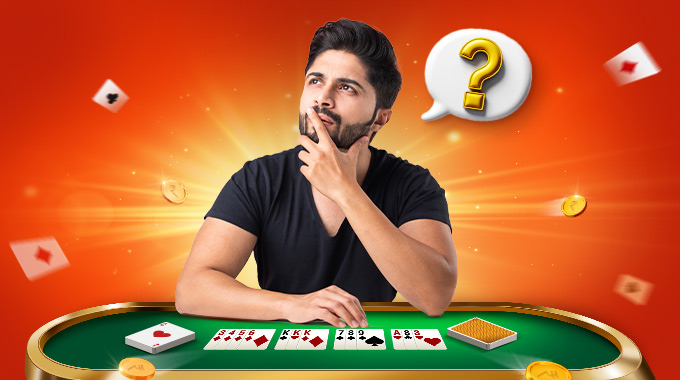
Basically, rummy is about having a well thought-out strategy and then being able to execute the same strategically. The game offers us an intriguing metaphorical framework; it does more than just combine cards and helps us grasp how narratives are constructed and characters created in literature. Strategizing, on-the-go adaptation, and psychological-level opponent outsmarting inside the game are akin to those experienced by main characters of excellent literary works.
Strategic Foresight: The Narrative Architect
Being excellent at rummy is not just about focusing on what is there. Among successful participants, a strategic insight is created to identify upcoming outcomes and prepare for a future as well. Such a development is similar to that of a made-up person designed with a great mind. Consider the protagonist who foresees obstacles, prepares every action, and sets down counterstrategies. Having this kind of strategic foresight—like that of a seasoned rummy player who can anticipate moves from all around in a complicated narrative—is crucial.
Tactical Adaptability: The Art of Responsive Action
Tactics are the quick, responsive activities carried out within the general framework given by strategy. For instance, a player in rummy games might throw away what seems to be a crucial card in order to deceive the opponent or use an unusual meld to interfere with his play. Such tactical movements might be likened to the split-second judgments and turns of events shaping a character’s path. Learning how to adjust and conquer any shifting environment around oneself is crucial.
Psychological Dynamics: The Game of Wits
Like many other games that call for profound thought, the game of Rummy has extremely significant psychological elements. All these tactics allow a person to be better than others in the game: bluffing, calculated risk-taking, indirect information dissemination. Such a psychological element is intimately connected to those seen in literature where characters conduct power games. Consider a cunning person who lies and utilizes deception to further his objectives. Such people can play psychological games much like rummy players attempting to trick their rivals.
Drawing Parallels: Rummy as a Literary Analogy
Considering the analogies of strategy and tactics in rummy helps us to see how difficult it is to create a decent character growth and plot. The deliberate planning, the tactical improvisation, the psychological maneuvering—these aspects show the difficulties experienced by people in their made-up fictional worlds.
Conclusion
Like an engaging narrative results from a conscious effort followed by a prompt reaction, a nice game of rummy demands for both strategy and tactics. So when you play your next round of rummy at RummyCircle, see it for what it really is—not just any regular card game. It signifies a lot more than that as well: every card is a piece of applied logic, and the motions of each player are symbolic exchanges describing persons amongst whom actors stand.




